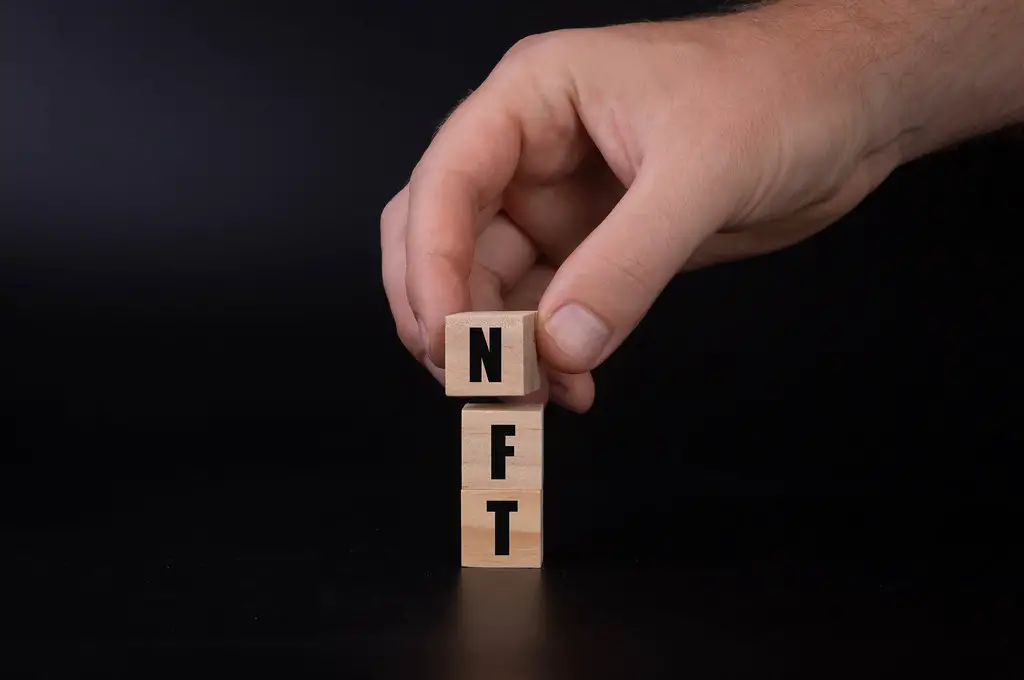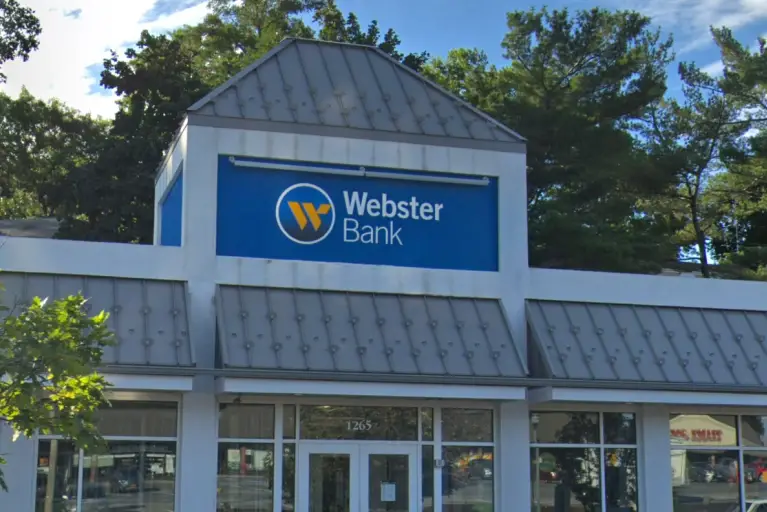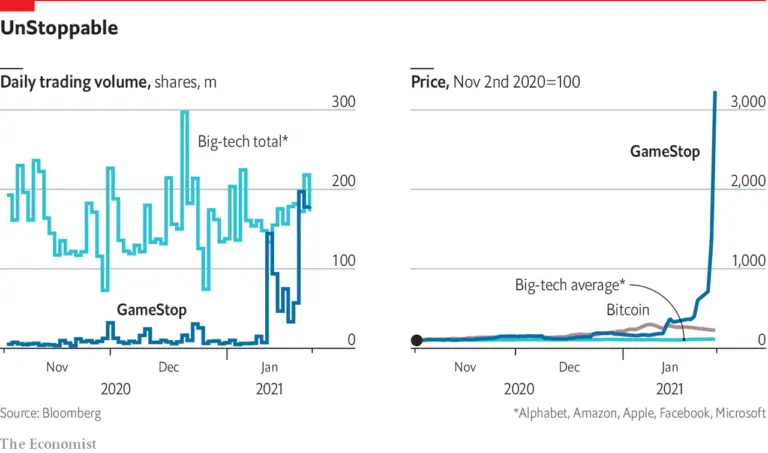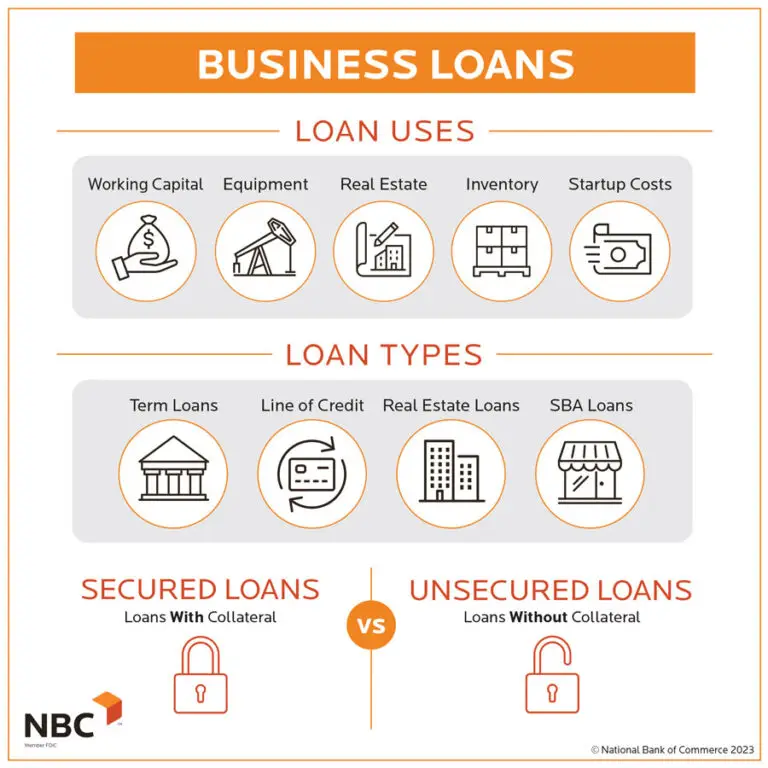GameStop NFT Market Is Dwell: Here is What Folks Are Saying
A New Chapter in GameStop’s Digital Odyssey
In the retail industry, transformation is a requisite for survival. Whether through technological innovation or pivoting business models, companies must evolve to cater to the needs and expectations of their consumers. GameStop, a name iconic to gamers and investors, has just embarked on an unprecedented venture – the launch of its NFT (non-fungible token) marketplace. This move signals a significant shift for the retailer, one that intertwines the digital economies of gaming and finance.
But what does this mean for the broader community of gamers and retail investors? Will GameStop’s foray into NFTs spark new trends, or is it a passing fad in an industry saturated with digital content? This post unravels the implications, the excitement, and the skepticism that GameStop’s NFT market has kindled.

Navigating the NFT Craze: A Primer for the Uninitiated
Non-fungible tokens (NFTs) represent a unique digital asset using blockchain technology, which certifies its ownership and provenance. NFTs are distinct from cryptocurrencies like Bitcoin or Ethereum, which are interchangeable and of equal value—that’s what fungible means. NFTs, however, are irreplaceable, much like physical collectibles, and their value is determined by rarity, demand, and condition.
For gamers, NFTs open new avenues in the world of digital ownership. Traditionally, games have come with in-game purchases that players don’t truly own; their shelf life ends when the servers shut down. With NFTs, gamers can genuinely possess in-game items—weapons, skins, or characters—that they can buy, sell, and trade on the NFT market, often across different games.
With this groundwork laid, GameStop’s integration of NFTs into its ecosystem serves as the nexus for gamers and investors alike to explore this novel facet of the digital realm.
An Overview of GameStop’s NFT Marketplace
GameStop’s NFT platform offers an array of digital collectibles, ranging from exclusive game assets to branded artwork and content. Leveraging its influence with game publishers and developers, GameStop has curated an initial collection that appeals to nostalgic gamers and contemporary enthusiasts.
The platform itself is a full-fledged marketplace, enabling users to create accounts, browse available NFTs, make purchases in supported currencies, and manage their digital collections. Notable features include community forums, auction capabilities, and compatibility with various digital wallets that provide a secure and decentralized storage solution.
The Pulse of the Community: Early Reactions
The launch of GameStop’s NFT marketplace has elicited a mixed response. Enthusiastic gamers view it as a paradigm shift, offering the opportunity to own and trade digital items they cherish. On the flip side, some industry observers cast doubt on the sustainability of NFT models, citing environmental concerns and the speculative nature of NFT investments.
For retail investors, GameStop’s move adds a layer of complexity to an already tumultuous market. The company’s stock, which has been a major player in the Wall Street saga of 2021, now faces the added variable of NFT integration. The cautious optimism among investors mirrors the sentiment in the gaming community, reflecting a wait-and-see approach to the market’s reception and enduring impact.
Impacts on the Gaming Landscape and Retail Trends
The introduction of NFTs holds the potential to reshape the gaming landscape. By granting players the digital equivalent of ownership, games could further incentivize engagement and provide a revenue stream long after a title’s release. Developers, too, stand to benefit from secondary market sales, receiving a percentage of transactions involving their NFTs.
Viewed from an investment perspective, GameStop’s NFT initiative marks a divergence from traditional retail models, potentially leading the way for other companies to follow suit. The marketplace’s interface with digital wallets and crypto further blurs the lines between gaming, retail, and finance—reflecting a convergence point that’s yet to be fully understood or realized.
Expert Perspectives and Projections
Industry analysts and insiders offer a spectrum of forecasts for GameStop’s NFT market. Some predict a ripple effect that will prompt competitors to adjust their strategies and that steady adoption could lead to a more mature, sustainable model for leveraging NFTs in gaming. Others urge caution, warning that without widespread consumer trust and an environmentally friendly blockchain solution, the NFT craze could fizzle out.
Where gaming intersects with investment, the conversation is just beginning. Market psychologists and financial pundits continue to debate the long-term effects of GameStop’s NFT venture. Will NFTs become as common as DLCs, or are they a market inefficiency waiting to correct itself?

Navigating the Future of GameStop’s NFT Market
The future is as murky as it is exciting for GameStop’s NFT market. The company’s history as a retailer, combined with its newfound digital aspirations, sets the stage for an evolutionary path that could redefine its position within the gaming and investment sectors.
Yet, the path is rife with challenges. GameStop must demonstrate a commitment to sustainability, ensure the security and fungibility of its NFTs, and weather the inevitable market corrections. Beyond this, the company must maintain consumer confidence and interest, cultivating a community around its digital market where value is derived from shared sentiment and experience.
Navigating this nascent market requires a balance of pragmatism and vision—a willingness to explore the uncharted while remaining grounded in the principles that sustain business integrity. For consumers and investors, these are fascinating times to watch as GameStop continues to script its digital saga.
In Conclusion: A Digital Mosaic Unfolding
GameStop’s NFT marketplace is a testament to the relentless spirit of innovation that defines the modern economy. It encapsulates the fusion of digital technologies with novel economic models, and it reflects the dynamic nature of customer expectations and preferences.
For those in the gaming community and the investment sphere, the entry of a retail giant like GameStop into the NFT arena warrants attention. It heralds a period of experimentation, learning, and potential disruption. Industry players and observers alike now stand at the cusp of a new era, one where the boundaries between gaming, investing, and digital ownership are increasingly blurred.
The road ahead is anything but predetermined, and the outcomes are as varied as the colors in a pixelated NFT. GameStop and its brethren in the gaming industry possess the brush, yet it is the community—gamers, investors, and enthusiasts—who will contribute to the digital mosaic with each stroke. The canvas is vast, and the art of this new form of digital ownership is still being perfected. It’s a story in the making, and the world watches with bated breath.







